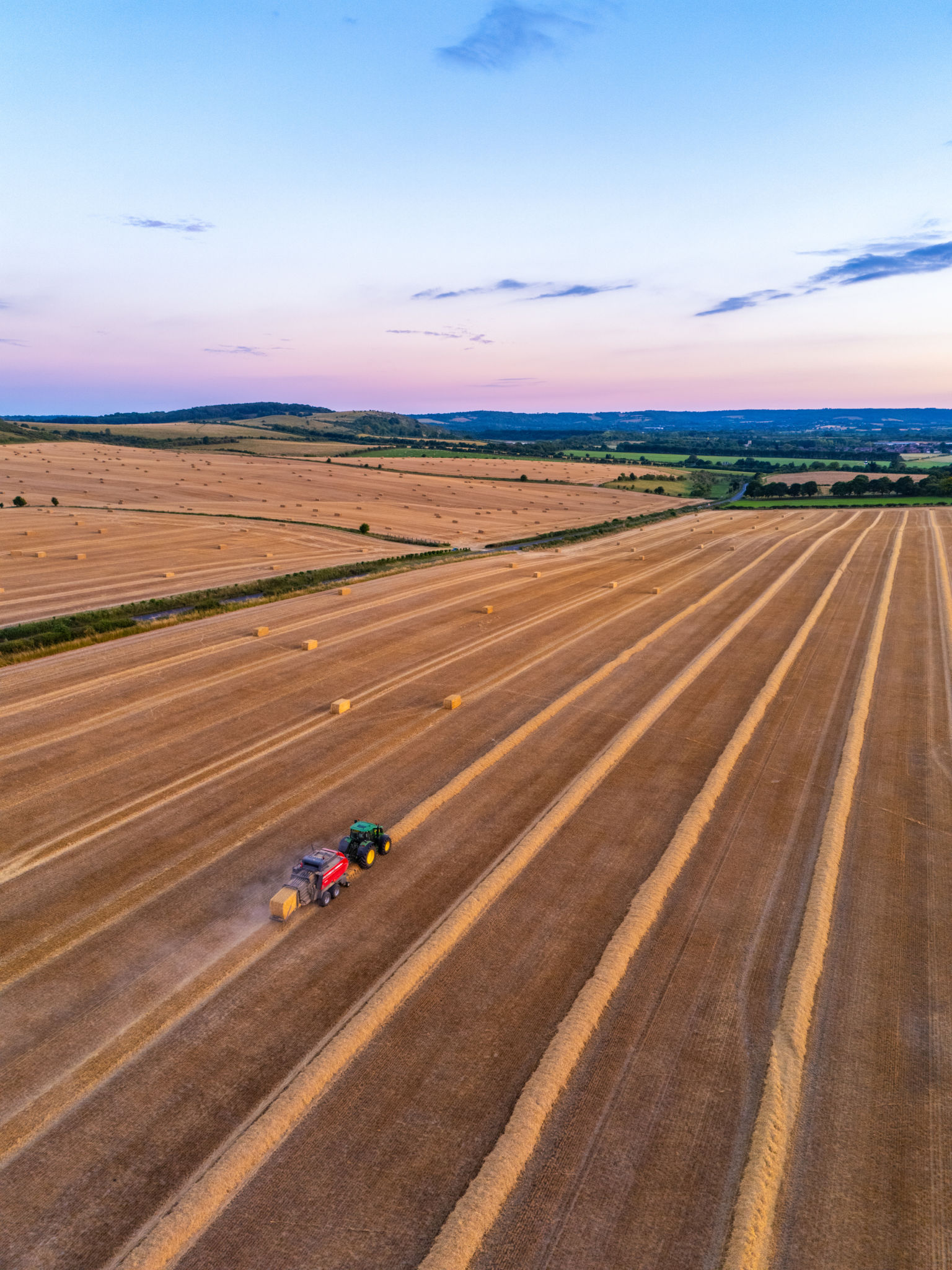Maximizing Crop Yield: Expert Agronomic Support Techniques
Understanding the Importance of Agronomic Support
Maximizing crop yield is a priority for farmers worldwide, and expert agronomic support plays a crucial role in achieving this goal. Agronomy involves the application of various scientific disciplines to improve the productivity and sustainability of crops. An agronomist’s expertise can help farmers make informed decisions about planting, managing, and harvesting their crops.
Farmers face numerous challenges, from unpredictable weather patterns to soil degradation. By leveraging expert agronomic support, they can implement strategies that not only enhance yield but also ensure environmental sustainability. This support is essential for maintaining soil health, optimizing water usage, and managing pest and disease outbreaks.

Soil Testing and Management
A fundamental aspect of maximizing crop yield is understanding and managing soil health. Regular soil testing provides insights into nutrient levels, pH balance, and organic matter content. Agronomists utilize these insights to recommend tailored soil management practices, such as the appropriate use of fertilizers and amendments.
In addition to nutrient management, agronomic support involves techniques like crop rotation and cover cropping. These practices help maintain soil structure, prevent erosion, and enhance biodiversity. By focusing on soil health, farmers can ensure sustainable productivity for future generations.

Precision Agriculture Technology
The integration of technology into agriculture has revolutionized the way farmers manage their fields. Precision agriculture involves using GPS technology, sensors, and data analytics to optimize field-level management practices. Agronomists guide farmers in implementing these technologies to achieve higher efficiency and yield.
With precision agriculture, farmers can monitor crop health, assess water requirements, and apply inputs like fertilizers and pesticides more precisely. This targeted approach minimizes waste, reduces costs, and enhances crop performance. An expert agronomist can help farmers interpret data and apply it effectively.

Pest and Disease Management
Pests and diseases are significant threats to crop yield. Expert agronomic support includes integrated pest management (IPM) strategies that combine biological, cultural, physical, and chemical tools to manage pest populations sustainably. Agronomists provide insights into pest life cycles and natural predators, allowing farmers to reduce reliance on chemical pesticides.
By adopting IPM practices, farmers can lower production costs and minimize environmental impact while maintaining high yield levels. Agronomists help tailor these strategies to specific crops and local conditions, ensuring effective pest and disease control.
Optimizing Water Usage
Water is a critical resource in agriculture, and its efficient use is vital for maximizing crop yield. Agronomists assist farmers in implementing irrigation strategies that conserve water and improve plant growth. Techniques such as drip irrigation and scheduling based on crop needs ensure optimal water usage.
Furthermore, agronomists promote practices like rainwater harvesting and soil moisture monitoring to enhance water conservation. These strategies not only contribute to higher yields but also support the long-term sustainability of water resources.

Cultivar Selection and Crop Planning
Choosing the right cultivar is essential for maximizing yield potential. Agronomists provide expert advice on selecting varieties that are best suited to local climate conditions, soil types, and market demands. This guidance ensures that farmers invest in crops that have a higher likelihood of thriving.
Crop planning involves determining the optimal planting schedule, considering factors such as weather patterns and market trends. Agronomists work with farmers to develop comprehensive plans that align with their goals and resources, ultimately enhancing productivity.

Benefits of Expert Agronomic Support
The benefits of expert agronomic support extend beyond increased yield. By implementing scientifically backed practices, farmers can reduce input costs, improve product quality, and enhance environmental sustainability. Agronomists serve as trusted advisors who help navigate the complexities of modern agriculture.
Moreover, agronomic support fosters knowledge transfer and capacity building within farming communities. Farmers gain access to the latest research findings and technologies, empowering them to make informed decisions that benefit their operations.
Conclusion
Maximizing crop yield requires a multifaceted approach that combines traditional knowledge with modern scientific advancements. Expert agronomic support provides the tools and guidance necessary for farmers to achieve sustainable productivity. By focusing on soil health, precision technology, pest management, water usage, and cultivar selection, farmers can enhance their yields while contributing to a more sustainable agricultural future.
